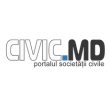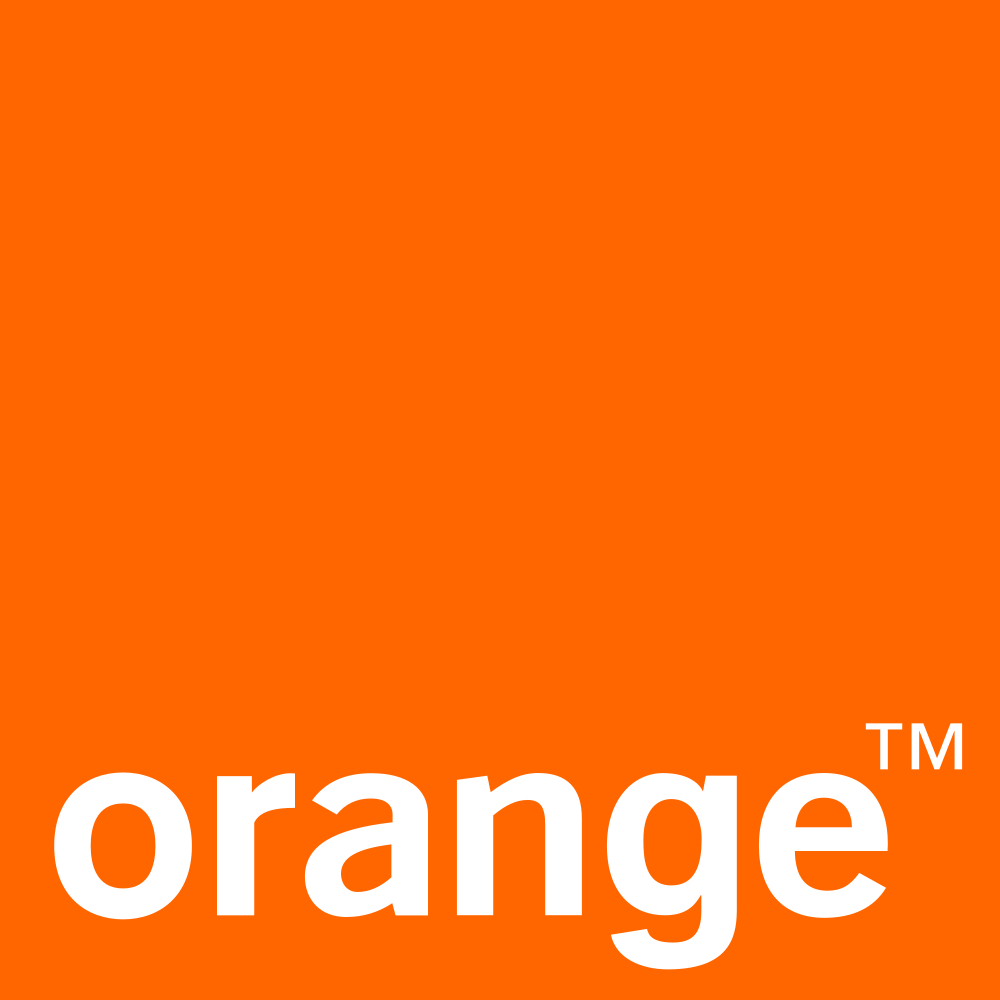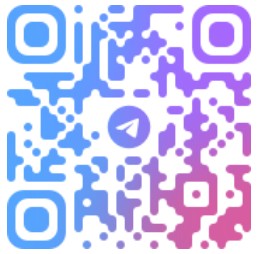Organizații vizate:
Achiziții de bunuri și contractări de servicii
- Detalii
- Categorie: Achiziție bunuri, Contractare Servicii
Intersos Moldova is announcing the ToR for the Trainings on Romani history, culture and traditions for health workers
Informațiile prezentate în articolul de mai jos pot să nu mai fie actuale sau să nu mai reflecte activitățile și programele curente. Anunțul este păstrat în arhivă pentru a asigura transparența și accesul public la informațiile despre inițiativele și proiectele implementate anterior.
Terms of Reference
Trainings on Romani history, culture and traditions for health workers
Implementation of capacity strengthening sessions aimed at improving the understanding of Romani history, culture and traditions for 60 health workers within the Moldovan national health system, increasing ethnic Roma’s access to state health services.
- INTRODUCTION
INTERSOS Moldova presents the Terms of Reference for the realisation of a capacity-strengthening programme, in the framework of the project “Improving access to protection, health services, and social cohesion for refugees that fled Ukraine and vulnerable host communities in Moldova”, funded by ECHO.
The project is implemented by INTERSOS Moldova in different areas of the Republic of Moldova, aiming to provide qualitative protection and health services to people displaced from Ukraine as a result of the current conflict, as well as to the vulnerable host community.
Since the start of the conflict in Ukraine in February 2022, Moldova has experienced a significant influx of Ukrainian people, a significant number being people of Roma ethnicity. The Roma population in Moldova faces significant health disparities, which hinder their full access to healthcare services and undermine their quality of life. According to the “National Plan for Support of the Roma Population 2022-2025”, while Roma have the legal right to free medical services, including medical insurance coverage, barriers to accessing these services persist. Notably, 35% of Roma individuals are not enrolled in the mandatory health insurance system, with rural areas being disproportionately affected.
Roma also experience a higher vulnerability to health risks, exacerbated by socio-economic challenges. Their health is affected by a lack of access to preventative care, delayed medical consultations, and a generally poor state of health due to financial difficulties. For instance, many Roma women do not benefit from available reproductive health services, and vaccination rates among Roma children remain lower than the national average, with only 76% receiving at least one vaccine. Additionally, barriers such as discrimination by healthcare providers, lack of information about available services, and long distances to medical facilities contribute to the ongoing health challenges faced by this community.
In response, the Moldovan government has committed to increasing the accessibility of healthcare services for Roma, with a focus on improving insurance coverage and public health outreach. However, there still remains a need for targeted interventions to address the root causes of healthcare exclusion, especially in marginalized Roma communities.
The Briefing Note on Roma by UNHCR, Intersos, and the Roma Voice Coalition also underscores that health is a critical concern for Roma refugees. Many face similar challenges as the local Roma population, including limited access to healthcare services, inadequate health insurance coverage, and cultural and linguistic barriers. Refugees, in particular, are often unable to navigate complex healthcare systems due to a lack of information, resulting in delayed treatment and higher vulnerability to both physical and mental health issues.
The proposed activities aim at increasing access to quality healthcare services for ethnic Roma, both locals and refugees, strengthening the national system knowledge and understanding of the Romani costumes, and increasing their capacities for a culturally-sensitive response to the community’s needs.
- OBJECTIVES OF THE ACTION
General objective
To facilitate access to quality health services for ethnic Roma people, both displaced from Ukraine and from the host community, decreasing the level of discrimination faced by the members of the Roma community when accessing health services.
Specific objective
- To increase the knowledge of health services providers within the national health system of the history, traditions and culture of the Roma community.
- UTILITY OF THE ACTION
The training on Roma history, culture, and traditions will result in an enhanced Moldovan national health system’s capacity to provide inclusive and respectful healthcare to Roma individuals. By equipping healthcare providers with essential knowledge about the Roma community’s unique history and cultural context, the training will foster culturally sensitive and non-discriminatory practices, thereby reducing barriers that Roma individuals often face when seeking health services. As healthcare professionals gain insights into Roma-specific healthcare challenges and improve their communication skills, the program will aim to support greater health service accessibility and patient engagement, promoting trust and collaboration between Roma patients and providers. Furthermore, these sessions align with the Republic of Moldova’s National Plan for Support of the Roma Population 2022-2025 (Objective 3, Action 3.11) and international health equity standards, demonstrating the Moldovan health system’s commitment to equity and inclusivity. By fostering a deeper understanding of cultural factors impacting health within Roma communities, the action will contribute to broader public health objectives, benefiting Roma individuals as well as the wider Moldovan society.
- EXPECTED PRODUCTS
(To be delivered in compliance with the deadlines set below in the "PLAN OF PAYMENT AND DEADLINES" table)
- A detailed work plan and agenda of activities and sessions.
- Creation of the curriculum on Roma history, culture and traditions tailored to address the healthcare context specifically, with content focused on health-related cultural practices and common barriers faced by the Roma community.
- Preparation of the didactic materials for the delivery of the sessions.
- Pre- and post-tests to measure the level of improvement in the participants' knowledge of the discipline.
- Activity reports after each training session.
- WORKING PLAN
The training sessions on Romani history, culture and traditions will target 60 health services providers working within the Moldovan National Health System. The sessions will take place between December 2024 and January 2025, comprising 4 (four) sessions in different districts identified in cooperation with the relevant governmental institutions. INTERSOS Moldova will facilitate the logistical organisation of the sessions covering the costs related to the transportation of the facilitator, stationery and equipment for the delivery of the training. The sessions will be preceded by a preparatory phase in order to define and approve the materials and methods of administration. A test will be given at the beginning and at the end of each session to assess the participants' comprehension and understanding of the subject matter. Each session will last up to 6 hours and will cover the general history of the Roma community, cultural aspects, traditions and will comprise a Q&A session. At the end of each session, the facilitator will present a technical report and feedback received on the overall presentation.
Detailed activities:
- The trainer(s) will develop the material for the training programme in Romanian (if possible the material will also be developed and provided in English to INTERSOS Moldova).
- The trainer will deliver 4 (four) sessions in total, covering a total of minimum 60 participants. The duration of each session will be a minimum of 3 and a maximum of 6 hours, depending on the discussions. At the end of each session, the trainer will submit an activity report to INTERSOS Moldova.
- During each training day, the trainer will collect attendance lists signed by each participant and evaluate the improvement of the participants' knowledge by using a pre- and post-test.
- At the end of each training, the trainer will gather feedback from participants on the training’s relevance and content.
- At the end of each training, the trainer will issue a certificate of attendance for each participant.
- INTERSOS Moldova will be responsible for the logistical organisation of the events, including the stationery, refreshments and travel for the facilitator.
- CANDIDATE PROFILE
- Academic background in history, with a knowledge of Roma history;
- Previous demonstrated experience in the administration of similar or related training courses;
- Good knowledge of Romani culture and traditions;
- Fluent knowledge of the Romanian language, knowledge of Russian and/or English language will be considered an advantage;
- SUBMISSION OF THE APPLICATION
The application must be submitted no later than 30/11/2024 at 17:00, to the following email addresses
- Liaison.moldova@intersos.org (Cristina Sirbu)
- mobile.protection.team.moldova@intersos.org (Ksenia Keizman)
- logoff1.moldova@intersos.org (Alina Breazu)
List of mandatory documents to submit attached to the application is detailed as follows:
- Submission of the Curriculum Vitae (CV) of the candidate(s), indicating previous experience as a trainer in similar or comparable disciplines;
- Submission of an economic offer expressed in Moldovan Leu (MDL) and including VAT;
- Submission of previous publications related to the history, culture and traditions of ethnic Roma and/or evidence on training provided previously.
Any application submitted after the indicated deadline and/or not accompanied by the elements listed above, will be considered ineligible and rejected.
- PLAN OF PAYMENT AND DEADLINES
The amount of payment for the service will be contractually agreed between the selected applicants and INTERSOS Moldova through a signature of a service contract, taking into account the compliant offer received and selected and the allocation of funds available for the activity.
Payment will be made by bank transfer, according to the following schedule:
|
PLAN OF PAYMENT AND DEADLINES |
||
|
● Submission of products A, B C as listed in Chapter 4 |
Within 2 weeks after the signature of the contract |
|
|
● Submission of activity report of the first session, including Annexes (pre- post- tests, attendance sheets, pictures, etc.) |
Within 1 week after the conclusion of the first session |
|
|
● Submission of activity report of the second session (pre- post- tests, attendance sheets, pictures, etc.) |
Within 1 week after the conclusion of the second session |
First Tranche of payment = 50% of the total agreed amount.* |
|
● Submission of activity report of the third session (pre- post- tests, attendance sheets, pictures, etc.) |
Within 1 week after the conclusion of the third session |
|
|
● Submission of activity report of the fourth session (pre- post- tests, attendance sheets, pictures, etc.) |
Within 1 week after the conclusion of the fourth session |
Second tranche of payment = 50% of the total agreed amount.* |
*payment of the tranches is made following submission by the trainer of the materials and approval by INTERSOS Moldova.








